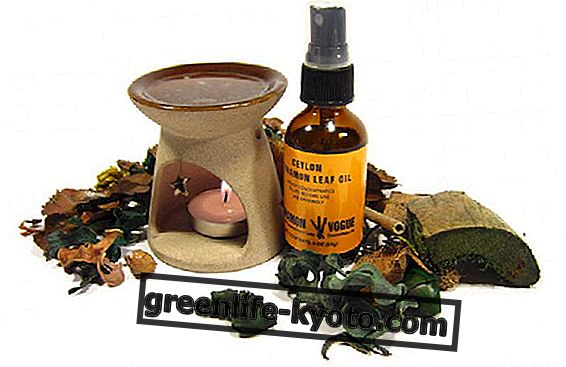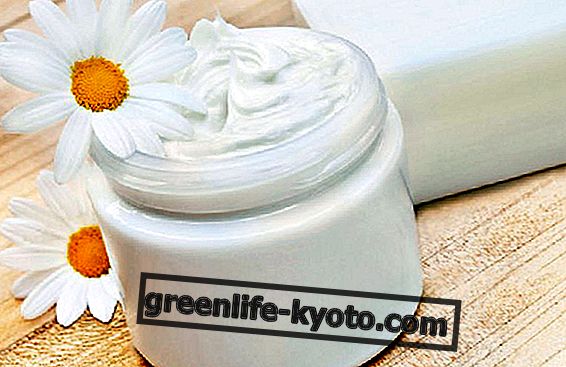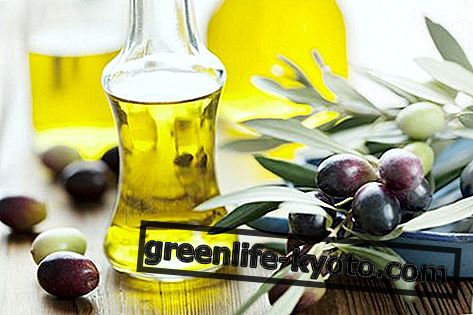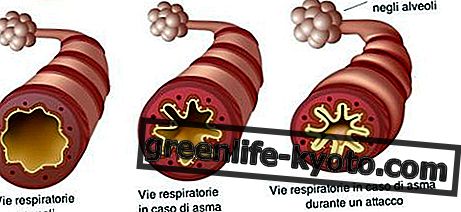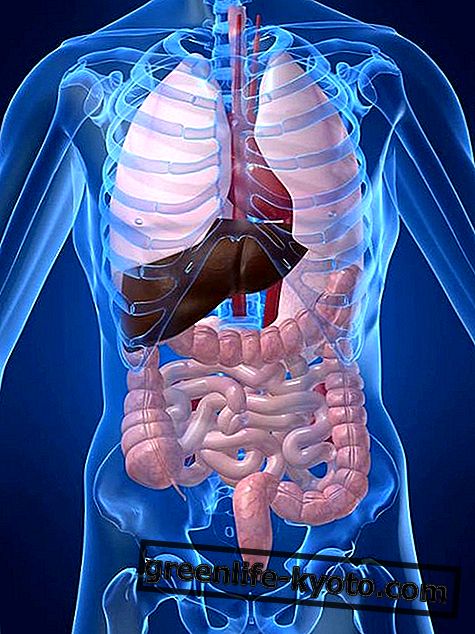Hypericum ( Hypericum perforatum ) is a plant of the Hypericaceae family, whose name derives from the Greek hyper-eikon, that is, a plant that grows on old statues . More known as devil-hunting grass because it was believed that it had the ability to hunt evil spirits and ghosts, it is also called St. John's Wort . The flowering tops of hypericum are rich in flavonoids and play an antidepressant and sedative action. We better discover the characteristics and side effects of hypericum .

Hypericum: characteristics and properties
The hypericum is an erect, woody and branched stem plant, whose leaves are speckled with tiny transparent glands that contain an essential oil. The flowers are deep yellow and are gathered in a sort of corymb.
The flowering tops of the hypericum contain the hypericin, the rutin, the quercetin and the hyperoside, flavonoids with a strong antidepressant and sedative action, which are obtained from the dry extract or from the hypericum mother tincture .
Hypericin, in particular increases the nocturnal secretion of melatonin, helping against insomnia . It is also able to increase serum serotonin levels, similar to certain antidepressant drugs, rebalancing mood.
From the hypericum it is also possible to obtain an infusion, used against cough and cystitis, thanks to the balsamic, antibacterial, anti-catarrhal and anti-inflammatory activity.
Also hyperolite oleolite, obtained from maceration with fresh flowering tops in almond oil, is widely used for its healing and emollient properties, useful against burns, sunburn, psoriasis and skin aging.
The side effects of the hypericum
St. John's Wort is, in principle, a safe vegetable, but it can present some side effects such as photosensitivity during exposure to sunlight. During the intake period, therefore, it is good to avoid sun exposure and / or tanning lamps.
The other most common side effects of hypericum are:
- vertigo,
- dry mouth,
- diarrhea and nausea,
- fatigue.
Furthermore, hypericum can interact with certain drugs, such as:
- Warfarin, decreasing the anticoagulant effect,
- Cyclosporin lowering blood levels,
- Oral contraceptives, reducing their effect,
- synthetic antidepressants, enhancing their effects.
Therefore, it is advisable to always take it with caution and consult a specialist before taking it.
You might also be interested:
> Properties, use and contraindications of hypericin
> Hypericum: all about the homeopathic remedy obtained from hypericum
> Hypericum for depression: properties, use and contraindications





